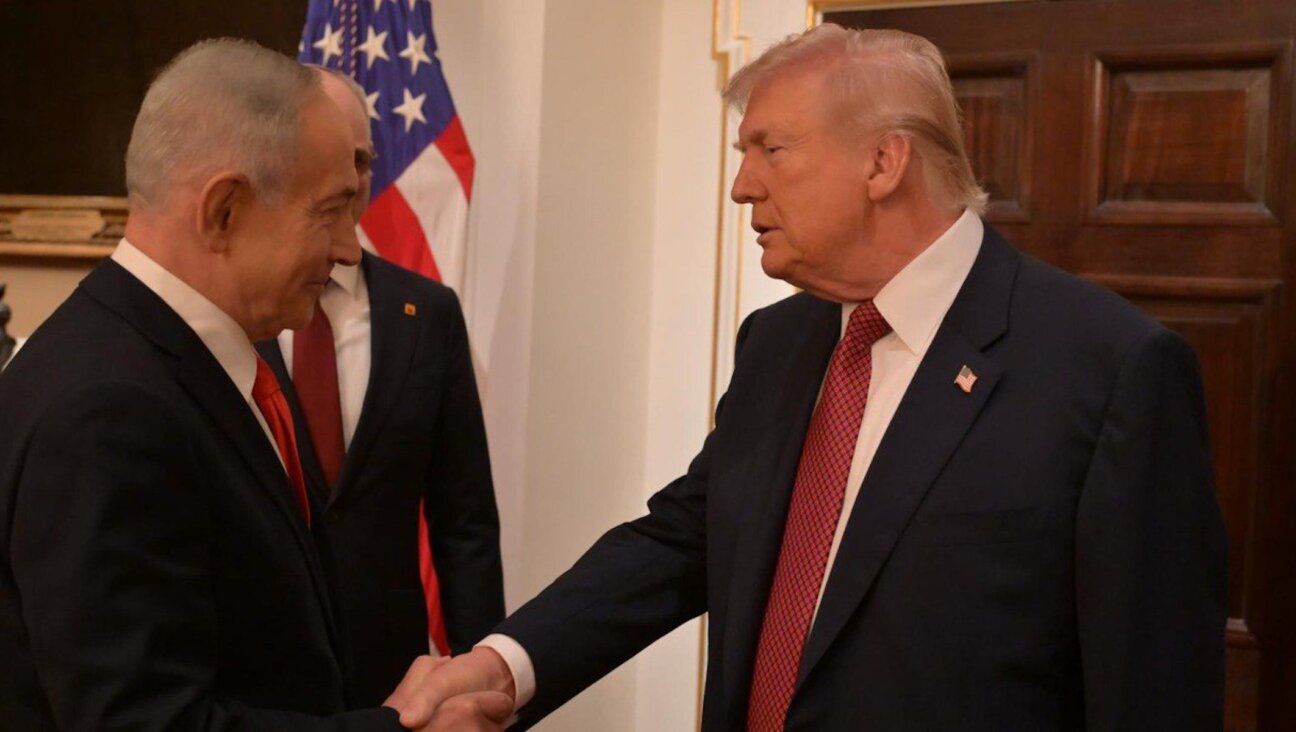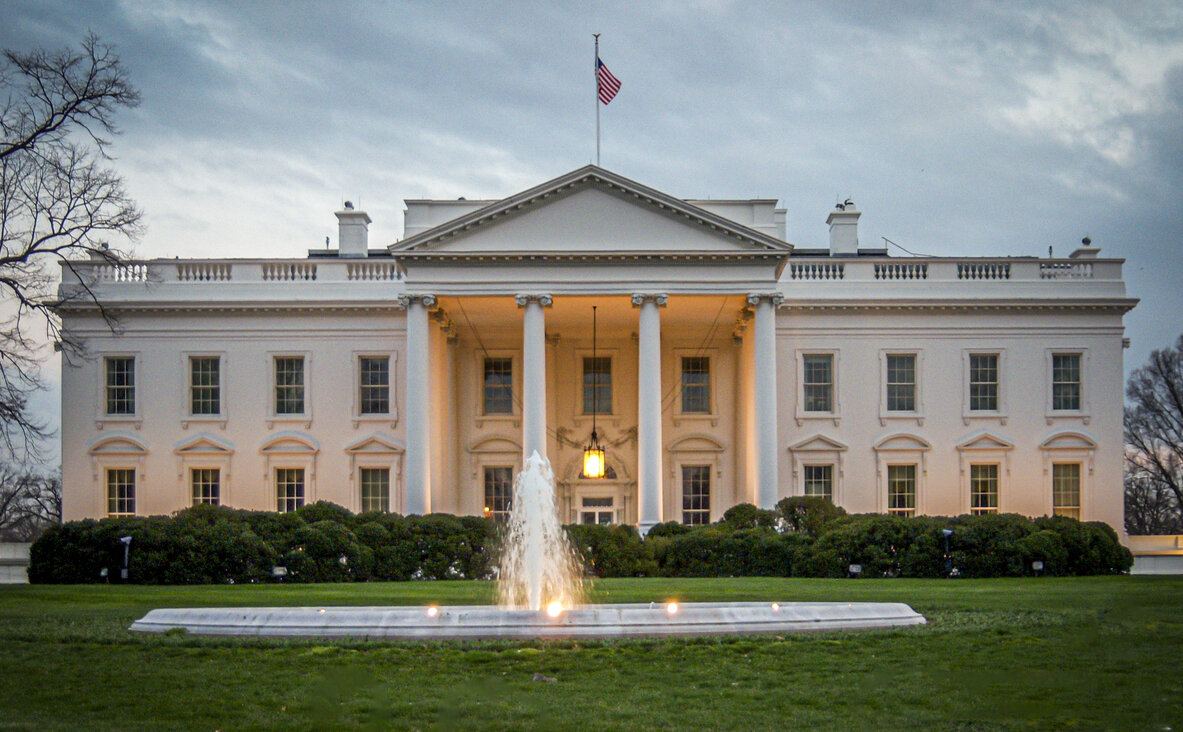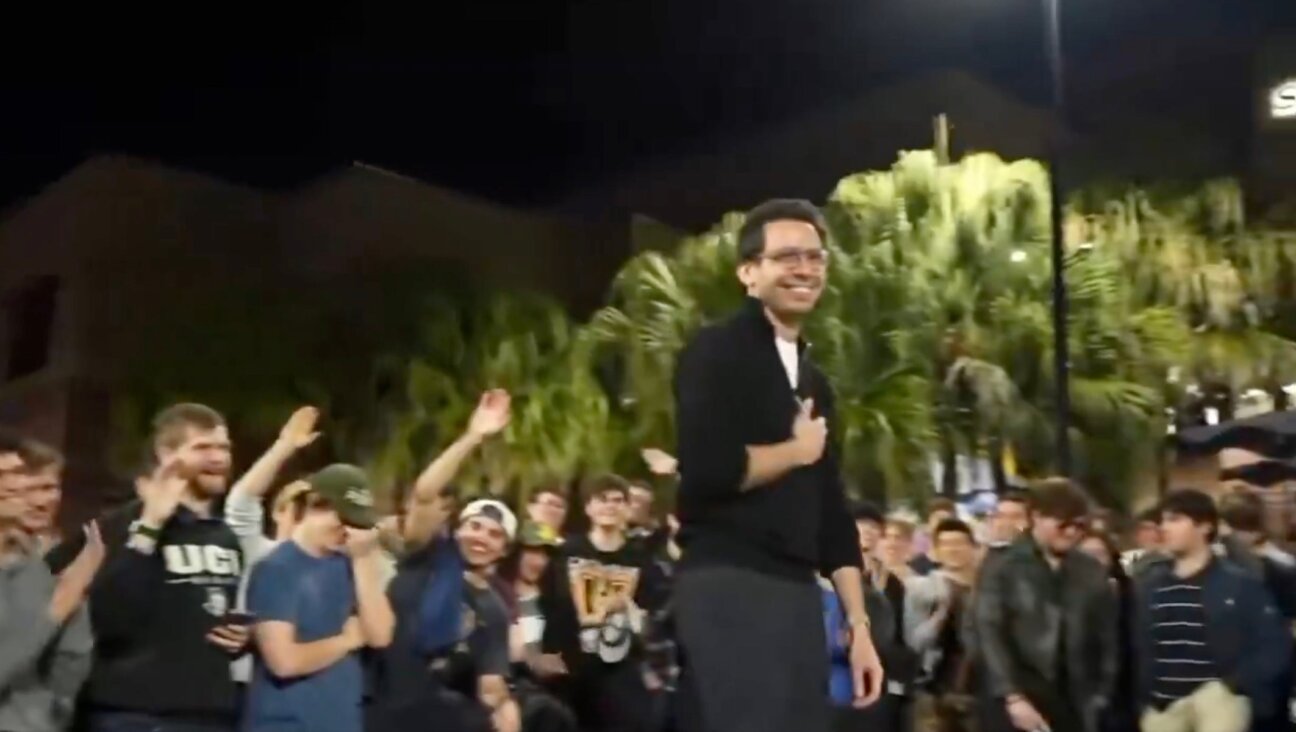Is Torched Car Clue in Suspected Kidnap of 3 Jewish Teens on West Bank?

Frantic Search: Israeli soldiers search for three missing Jewish settler teens, who have not been seen since Thursday night. Image by getty images
Police believe a torched car with Israeli plates found today by Palestinian police near Hebron may have been used in the suspected kidnapping of three Jewish teenagers who went missing while hitchhiking in the occupied West Bank.
The newish Hyundai sedan may have been used to trick the teens because it appeared to be driven by Israelis, the Times of Israel reported.
Police suspect that extremists have kidnapped or killed the youths, although there is still no hard evidence of foul play.
Crowds gathered at the Western Wall in Jerusalem to pray for the safe return of the trio as Shabbat arrived in the Jewish state.
As media speculated that the three young settlers might have been abducted, large numbers of Israeli soldiers scoured the countryside around the flashpoint city of Hebron, carrying out house-to-house searches in neighboring villages and blocking roads.
Local media said the three youngsters had last been seen trying to hitch-hike home from a religious seminary in the Jewish settlement of Gush Etzion, to the north of Hebron.
“Forces are conducting a widespread operation to locate the individuals,” the military said in a statement.
One of the teens is an American.
Officials didn’t name the youths. An email appeal about the incident from the Zionist Organization of America listed the missing teens’ Hebrew first names as Yaakov Naftali Ben Rochel Devorah, Gilad Michoel Ben Bat Gali and Eyal Ben Iris Teshura.
Prime Minister Benjamin Netanyahu convened a special meeting of security ministers and said in a statement that Israel held President Mahmoud Abbas’s Western-backed Palestinian Authority responsible for the safety of the three.
But Adnan al-Dmairi, a spokesman for Palestinian security services in the West Bank, deflected Israel’s criticism.
“Three settlers are missing, why is this the fault of the Palestinian Authority? We have nothing to do with this issue. If a natural disaster hits Israel, would we be responsible? This is mad and unacceptable, we have no knowledge about this,” he said.
The newspaper Haaretz said two were aged 16 and one was 19. Local media added that one of the three also held American citizenship, and that the U.S. ambassador to Israel had been briefed.
Secretary of State John Kerry “expressed grave concern … and … our commitment to working with both the Government of Israel and the Palestinian Authority to try to ensure the situation is resolved quickly and the teenagers are returned to their families,” a U.S. spokesman said.
“Secretary Kerry has … spoken to President Abbas to urge him to do everything possible to assist in the effort to find them. President Abbas assured him that he is doing so.”
Kerry met Israeli chief peace negotiator Tzipi Livni at a conference in London and later also spoke to Netanyahu, an Israeli spokesman said.
“The prime minister said to Kerry: Abu Mazen (Abbas) is responsible for the wellbeing of the missing (boys),” part of the Israeli statement about the conversation said.
Palestinian militants have said in the past that they want to kidnap Israelis to win concessions from the Israeli government. Some 1,027 Palestinian prisoners were freed in 2011 in return for the release of an Israeli soldier held captive in the nearby Gaza Strip for more than five years.
Chief military spokesman Brigadier-General Motti Almoz said security agencies were “making a very large intelligence effort to try to glean information on what happened to these three youths in the past hours”.
In September 2013, an Israeli soldier was kidnapped and killed by a Palestinian who had lured him to the West Bank. Police say the kidnapper wanted to use the soldier to obtain the release of his brother, held in an Israeli jail.















